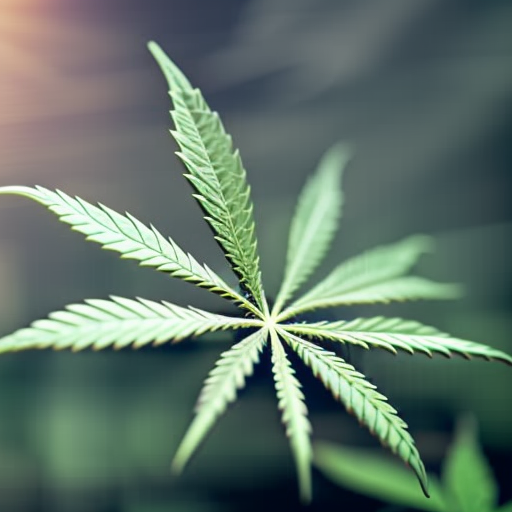 A recent study conducted by researchers at Rutgers University and the University of Texas has found that the cannabis component CBD can effectively alleviate acute dental pain. The study, published in the Journal of Dental Research, suggests that CBD could provide a safer alternative to opioids for managing emergency dental pain.
A recent study conducted by researchers at Rutgers University and the University of Texas has found that the cannabis component CBD can effectively alleviate acute dental pain. The study, published in the Journal of Dental Research, suggests that CBD could provide a safer alternative to opioids for managing emergency dental pain.
The researchers conducted a randomized clinical trial to test the efficacy of CBD in managing dental pain. They used an FDA-approved drug called Epidiolex, which contains pure CBD and is commonly used to treat certain forms of epilepsy. The study participants were adults with moderate to severe toothache who were given a single dose of either CBD or a placebo.
The results showed that both groups who received CBD experienced significant pain reduction compared to both their baseline and the placebo group. The maximum reduction in pain occurred at around 180 minutes after administration. Additionally, the study found that a higher dose of CBD led to faster pain relief compared to a lower dose.
The study also measured the subjects’ bite force and found that CBD treatment increased bite force, particularly among those who received the higher dose. This is important because reduced bite force can negatively impact a patient’s nutrition and quality of life.
Using a metric known as number needed to treat (NNT), which measures the number of patients needing treatment before one patient experiences a minimum of 50 percent pain relief, the higher CBD dose had an NNT value of 2.4, while the lower dose had an NNT value of 3.1. These values are comparable to those of standard opioid treatments used in dentistry.
Despite its effectiveness in relieving dental pain, the study did report some side effects associated with CBD use, including sedation, diarrhea, and abdominal pain. However, these side effects were deemed manageable and did not outweigh the benefits of pain relief.
Lead author Vanessa Chrepa stated that the results are strong enough to make a compelling case for using pure CBD like Epidiolex for dental pain management. She suggests that a larger phase 3 trial should be conducted to obtain FDA approval for using CBD solutions for dental pain.
While Epidiolex is currently not approved for dentistry, non-pharmaceutical CBD derived from hemp is legal nationally in the United States. The U.S. hemp industry has been growing rapidly since federal legalization, with sales of hemp-derived cannabinoid products surpassing those of legal marijuana markets.
In conclusion, this study provides evidence that CBD can effectively alleviate acute dental pain and may serve as a safer alternative to opioids. Further research is needed to explore its potential use in managing postoperative pain and to determine whether combining CBD with other agents can enhance pain relief. The findings of this study have significant implications for dental practice and could help address the opioid epidemic by offering an alternative analgesic option.

